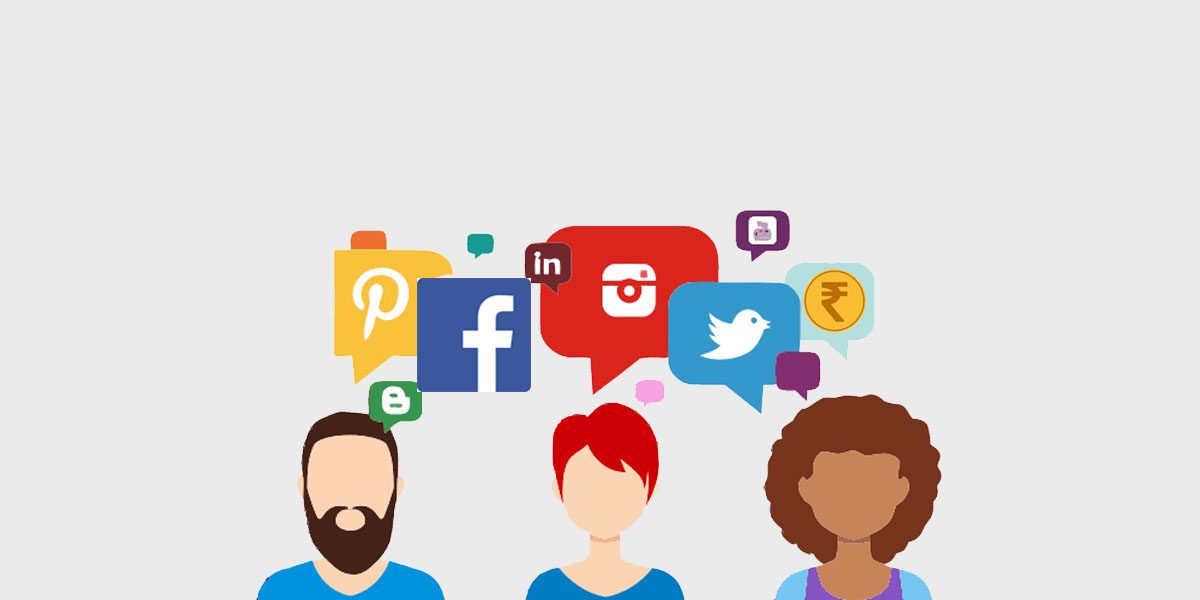It seems contradictory to state influencers have an image problem. Meticulously controlling their content output, they are experts in optimizing their personal brand.
While influencer marketing has jumped in popularity, influencers themselves haven’t enjoyed the same amount of celebration. Rather, a steady stream of clickbait stories suggests influencers are work-shy amateurs, entitled, and freebie-grabbing.
Unsurprising then, that a survey, which found’influencer’ or’YouTuber’ cited as some of the top career aspirations of kids in the UK, was met with outraged headlines. However, I’d argue that having worked together with influencers closely for the last four decades, they might do much worse.
One-person start-ups
Social networking is an incredibly competitive space. For an influencer to be in a position where manufacturers will really cover them to get collaborations, they are going to have excellent content creation skills, whether that’s in photography, videography, styling or illustration. They will have also gathered an audience, steadily developing a connection through time, adding value to their followers’ lives, fastidiously replying to their opinions and DMs. It’ll have taken time, dedication, skill, and frequently a good amount of kit.
Once those brand collaborations come, it doesn’t get any simpler. Should they take their foot off the pedal, there’s a queue of founders behind them, eager to take their place.
To carve a profitable career as an influencer, people have to be consistent, enthusiastic, educated, and committed. These are abilities that are required for all kinds of occupations but curiously disregarded in regards to influencers.
Lucrative career
Even if the social account started as a pastime, an influencer will reach a point where they realize their platform is valuable and seek paid attention. Or a brand will beat them and reach out to them straight. With influencer-created articles outperforming branded assets, it’s little wonder they are in demand.
This work frequently comes in the form of sponsored posts, which is where lots of these disdain comes from. Their barefaced vision to make revenue or be compensated for the work they do! For many who wish to make the jump from being a part-time hobbyist into a full-time creative, brand collaborations provide them the financial freedom to follow this passion.
It doesn’t necessarily come easy though and influencers have to fight for their worth, even inside the industry. Some programs have attempted to exploit them, asking hundreds to obtain a solution and make content for free, then only paying the handful that the brand chooses at the end of it. Or brands will gift a product, rather than paying an influencer for the time taken to create the content.
For founders to be treated rather, the misconception around their content creation is a hobby, instead of a career, has to be dealt with.
Moving together with the digital times
With 59% of marketers planning to increase their influencer marketing budget in the next year, the requirement for social creators will not slow down any time soon. In a world that’s continuously becoming more and more digital, businesses not keeping up with the electronic landscape risk wasting their marketing budgets, losing clients, and shrinking their market share. Likewise our livelihood choices will evolve in the current digital era and we have to adjust our perceptions so. You can also check out influencer marketing company
One reason influencer marketing works so beautifully is since it is aspirational. It presents a life all of us wish we could have, where every outfit is ideal, vacation destinations are abandoned and houses are immaculately tidy. Making it seem simple when actually it is far out of it, is part of the appeal. Maybe public understanding interpreting this material that the outcome of a hobby, rather than a skilled full-time occupation, is listened to their skill to sell the fantasy.
